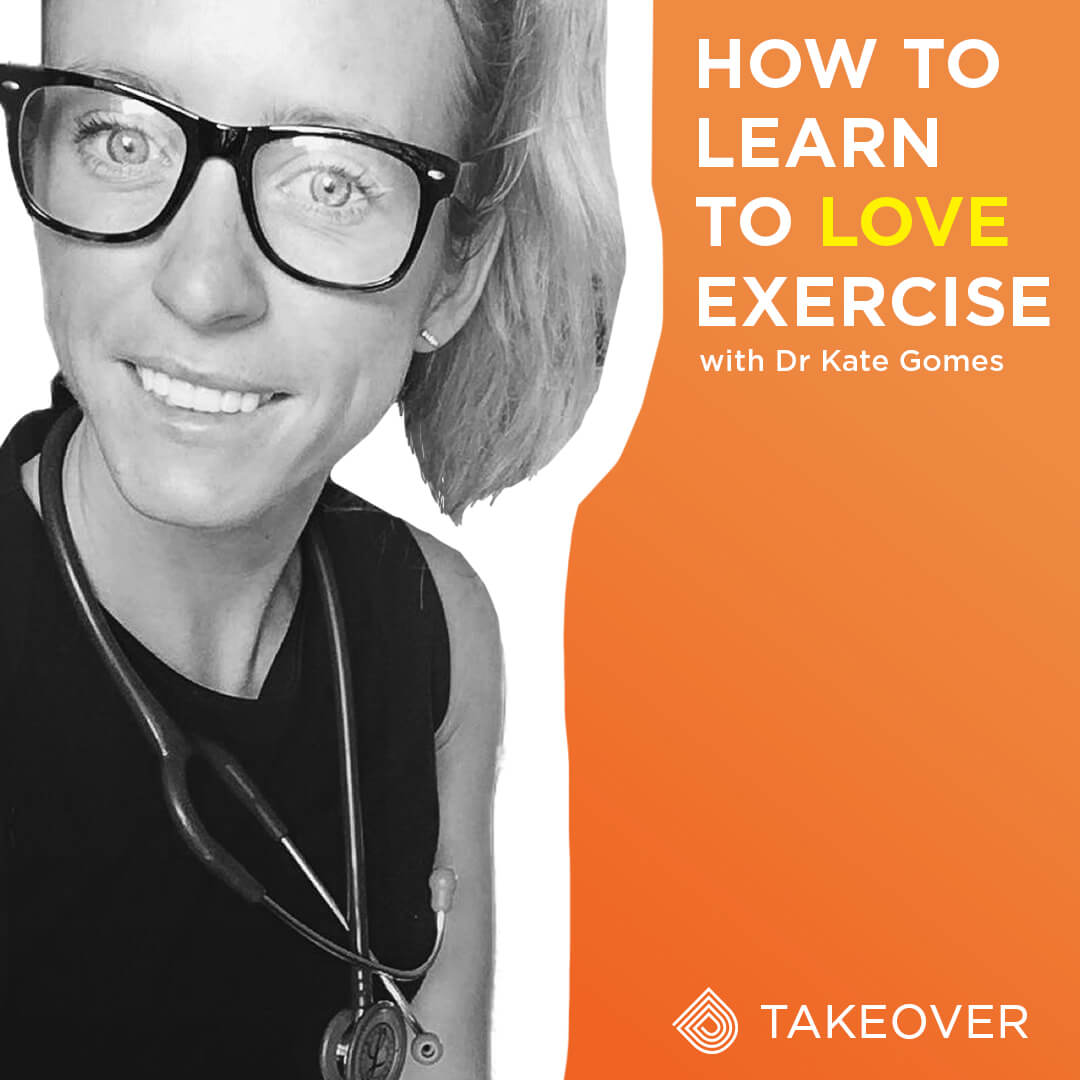By Dr Victoria Hoyle
Exercise during pregnancy and how to do it safely
If you're pregnant, or have been in the past, you may be familiar with phrases like 'should you be doing that in your condition?', 'you should be taking it easy', or perhaps the worst one of all 'you shouldn't be doing that'.
Over the past few years, more and more people are becoming aware of the benefits of exercising during pregnancy. The Chief Medical Officer for the UK published guidelines on this back in 2017, but unfortunately there are still a lot of misconceptions surrounding this subject.
In this blog, I'm going to clear up some of these myths and give you the facts, so that you too can enjoy the benefits of a fit and healthy pregnancy.
First things first
Every woman and every pregnancy is unique, so it's essential that you always check with your GP or midwife that you're safe to exercise. This is particularly true if you have never exercised before.
That being said, there are very few cases where women are unable to do any form of exercise at all. Assuming you've been told you have a low-risk pregnancy, here are some tips to help you exercise during pregnancy safely and effectively, as well as answers to the questions I'm commonly asked.
What exercises are safe for me to do in pregnancy?
I view training during pregnancy as I would training to run a marathon. You wouldn't turn up on race day having done no prior training. Labour is the biggest workout you'll ever have, so being fit is only ever going to help with this.
The CMO (Chief Medical Officer) guidelines are for at least 150 minutes of moderately intense exercise per week. If you've never done any exercise before, then this can be as simple as starting to be more active in your everyday life by increasing the amount of steps you do. A 10-minute walk here and there can soon add up.
If you wanted to add in some yoga or resistance work, I'd advise consulting with an instructor who is qualified to teach these during pregnancy.
If you're an experienced exerciser then you should be aiming to maintain, rather than increase, your fitness. Pregnancy is not the time to try and smash your 10k or dead-lifting PB!
To train effectively during pregnancy, you're going to need to adapt and modify your training to accommodate the changes to your body.
1st trimester
Generally speaking, you should be able to continue your activities as usual. Many women find this is when they're most tired or nauseous, so a common sense approach should be taken.
It's important not to overheat, so avoid exercising at high temperatures. You should also avoid pushing yourself to exhaustion or becoming dehydrated.
2nd trimester
Cardio such as walking, running, swimming, cycling or spinning are fine. If you're weight-training, seek advice from an instructor trained in pregnancy who can adapt these for you.
Pregnancy yoga and pilates are fine in this stage too. Any abdominal exercises that involve sit-ups or twisting motions should be avoided. Exercises that involve lying flat on your back should also be stopped after 20 weeks, due to having an adverse effect on blood pressure.
3rd trimester
Due to your increased bump-size, mobility and balance can be affected. Anything that has an increased risk of falls, or involves a quick change of direction, should be avoided.
Walking, swimming or spinning are all great forms of cardio. Yoga, pilates and weight-training can all still be performed with advice on modifications from a trainer.
How long can I exercise for while pregnant?
As mentioned previously, a general guide for most women would be 150 minutes over the course of a week. This could be anything from 20 minutes every day in two 10-minute blocks, to 30 minutes five times a week.
If you're an experienced exerciser with a low risk pregnancy, you may find you're able to train comfortably for longer periods of 45-60 minutes.
Regardless of your fitness level, it's important to take adequate rest days to allow time for your body to recover and avoid becoming exhausted. Don't forget that even at rest, your body is still working hard to grow and support your baby.
Exercise during pregnancy should leave you feeling energised, not exhausted. A good guide to check that you're not pushing yourself too far is to make sure that you could maintain a normal conversation throughout your exercise.
Eating a healthy, balanced diet and getting enough water will help to fuel your exercise and enable a quicker recovery.
Are there any times when I shouldn't exercise?
There are some symptoms that should prompt you to stop exercising immediately and seek advice from GP or midwife. These are:
- Vaginal bleeding or 'leaking' fluid
- Pelvic pain
- Dizziness
- Shortness of breath
- Fainting
- Abdominal or chest pain
- Not feeling your baby moving for long periods of time
- Flashing lights or 'floaters' in your eyes
- Any severe or prolonged headache
Are there risks to exercise during pregnancy?
One of the biggest myths told to women is that they shouldn't exercise as they may cause a miscarriage.
Unless you have been specifically told this is the case by your GP or midwife (who will base their assessment on knowledge of your medical history, rather than urban myth), then there is no evidence behind this statement.
If you are a 'low risk' pregnancy, the main things to watch out for are that you don't overheat, become dehydrated or fall. There's a lot you can do to minimise this risk, such as:
- Avoiding training in hot environments
- Wearing loose comfortable clothing
- Drinking plenty of water
- Taking breaks when needed
- Avoiding activities with a high fall risk, such as ice skating, contact sports and skiing
How do I know if I can exercise?
If any of the points below apply to you, you shouldn't exercise until you have sought advice from your GP or midwife, as you may be at higher risk.
- Previous medical conditions such as asthma or high blood pressure, even if they are controlled with medication
- Very low body weight
- Being overweight or obese
- Anaemia
- A history of premature labour or premature rupture of membranes
- Any back or joint problems
- Low-lying placenta
- Persistent vaginal bleeding
- You're having twins, triplets, etc
This is a long list, but it's not exhaustive. Your GP or midwife may be happy for you to exercise after reviewing you, but it's essential that you check this first.
Follow Victoria on Instagram for more tips on staying fit and healthy during your pregnancy, and join us on Twitter at #PushForward for more women's health advice.
If you have any concerns about your pregnancy, you can book an online appointment with one of our GPs today.
Book an appointment
